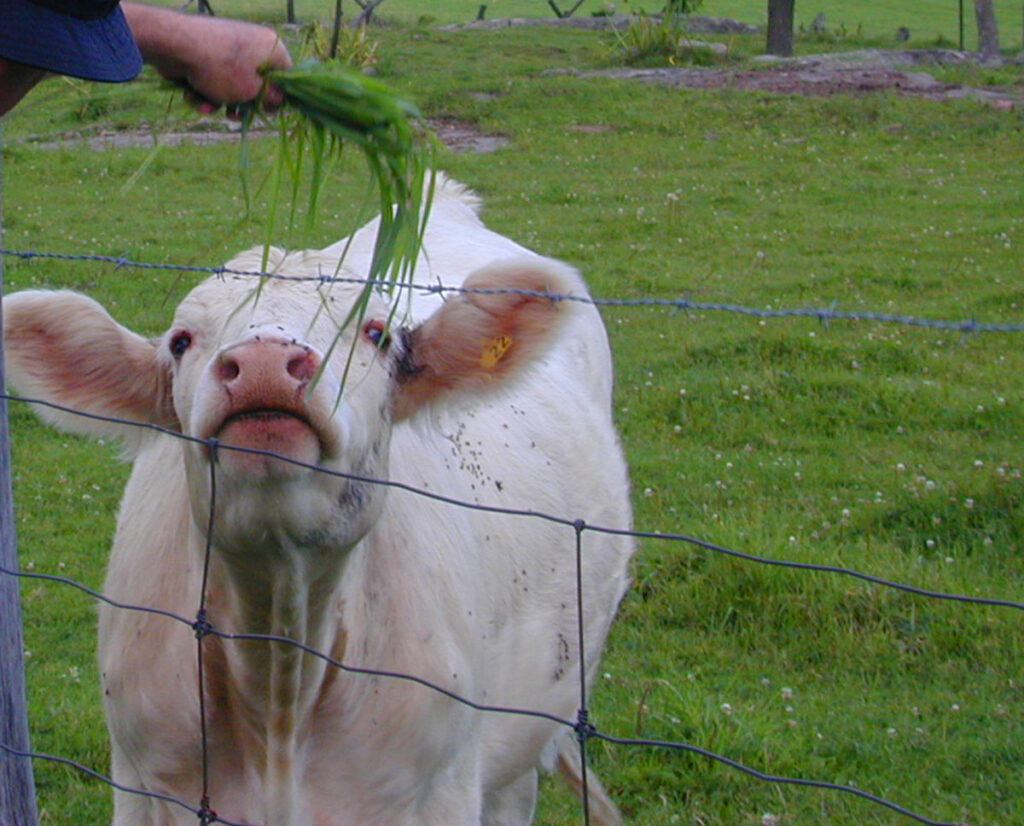Navigating a new social landscape can be scary for young children, especially those who may seem shy or socially awkward. Parents, caregivers, and educators want their little ones to be well-adjusted and thrive socially. One fundamental way of doing that is preserving their unique characteristics while building self-esteem and social skills.

Encourage Playdates
One effective way to help your preschooler gain confidence is through regular playdates. These smaller gatherings allow children to interact in a less intimidating atmosphere with one or two peers in enjoyable activities like arts and crafts, baking, or simple games they enjoy doing. Activities that provide purpose and structure during social interactions will allow your preschooler to express their ideas and emotions freely while you gently guide the conversation and actions when necessary.
Enroll In Pre-school Child Care
Enrolling your pre-schooler in a quality childcare program can significantly strengthen their social abilities while offering them opportunities to regularly interact with children of the same age. Search for programs emphasizing interactive play and providing structured activities so children can explore social dynamics safely in a guided setting. Childcare centers frequently include group activities like circle time, storytelling, and cooperative games that help your little ones learn about teamwork, collaboration, sharing, and communication. These experiences not only reduce feelings of social awkwardness, but they can also form friendships that aid their development as social beings.
Role-Playing Social Scenarios
Another successful approach is role-playing social situations with your child. This approach provides them with practice with greetings, sharing, and taking turns. Set up fun scenarios at home, such as birthday parties or playground visits. Take turns acting in different roles. Encourage expression through questions such as: “What would you say to your friend if they wanted you to join their game?” This not only builds their confidence but also provides them with real-world responses that reduce anxiety levels in real-time scenarios.
This approach can also help teach children what activities may not be in their best interests and how to decline a game or situation. Learning how to say no to peers or others is a great skill to have as one grows up. Children who are not given the ability to decline certain situations as youngsters often feel uncomfortable later on, and the results may not be in their best interests.
Parents too often find out late that their teenagers may need boundary-keeping skills. We’ve all seen movies where a teenager is teased into participating in an unwholesome activity with friends. There is always that brief moment when they seem like they shouldn’t go but don’t know how to get out of the situation. By teaching these skills from an early age, you may be saving yourself a lot of heartache. Saying NO to a parent or caregiver as a toddler can be very annoying. But saying NO at the correct times should be taught.
Emphasise Empathy
Teaching empathy to preschoolers can be an invaluable asset in managing social interactions. Engage your child in discussions regarding emotions (both their own and those of others) using books or movies featuring diverse characters in various social situations as conversation starters. Pose questions such as “How do you think that character feels?” or “What would you do if your friend were sad?” Doing this fosters emotional intelligence while helping children form connections with peers more easily and makes interactions feel less awkward while becoming meaningful interactions.
Praise Their Efforts
Praising and affirming the efforts and accomplishments of your preschooler are integral in building their self-esteem. When they attempt socializing, perhaps sharing toys or initiating conversation with peers, be sure to praise them enthusiastically. Phrases such as, “I loved how you shared your blocks with Liam, that was really kind!” can reinforce positive behaviors while at the same time motivating them to engage in further social challenges in the future. This encouragement affirms their actions and prepares them for future social situations.
Ways To Improve Self-esteem and Positive Social Activities At Home
- Physically encouraging your child with hugs is a great idea and helps instill a sense of security and loving relationships.
- Another reason to provide your child with positive physical interactions is that it helps reduce feelings of stress and brings about a more relaxed attitude where you can talk to your child and teach the value of certain situations or how some actions are unacceptable. Such parenting practices also further a child’s cognitive, social, and emotional growth.
- Routine helps children build a secure frame of reference. Establishing morning playtime at home can be a good segway before enrolling them in daycare or pre-school. Evening bedtime routines are also great times to develop a particular hour for children to prepare for sleep. This helps them get plenty of rest so that they are used to the routine when they start school.
- Give your child verbal encouragement and hugs when your child accomplishes something, no matter how small.
- Stop what you are doing and provide comfort when a child exhibits distress or sadness. Separate discipline from moments of comfort, but always follow up with a disciplining period with a period of comfort. Children have a shorter attention span, and prolonged discipline can create the opposite of what you are trying to do.
- Teach through Play.
- Play games with your child that require teamwork and sharing.
- Encourage creativity and self-expression through art and craft activities.
- Use stories and role-playing to teach social skills like empathy, sharing, and problem-solving.
- Spend time together as a family. Explore nature! Visit a farm. Learning how to treat animals is part of becoming socially responsible.
- Playtime that encourages curiosity is a great teaching tool.
- Take your child to community interactions with other parents and their children.
- Playtime with friends is an excellent introduction to being in your home with friends or at a friend’s house as a prelude to preschool interactions and sharing with others.

Story Time
- Storytime can be a quiet and meaningful way to spend time with your child and give them more than you realize.
- Reading to your child from an early age is most beneficial. Start with cloth books and progress to age-appropriate books. Don’t feel you have to stick to picture books. When children are exposed to hearing you read a story emphasizing the characters’ voices, it can be fun, stimulating, and educational. If you like the book and read it aloud to your child, it will introduce them to longer stories with more advanced ideas than in a child’s picture book. This can develop a child’s intellectual abilities.
“When I was a child of four I would sit in an armchair with my mother as she read some books like Black Beauty to me aloud. Even though it had no pictures, her voice and the narative of characters in the story remain a beautiful memory to this day. She would become emotional at sad parts in the story and shed a tear or two. Or laugh at other happy things. What a teacher of emotional wisdom she was!”
Trina
Conclusion
Although watching your preschooler struggle with social interactions can be distressing, remember that growth takes time. With patience, encouragement, and practice, you’ll help them confidently navigate their way into being secure individuals who understand how to be social and considerate in various situations. Celebrate their individuality and unique characteristics as you and your child grow together and achieve small victories as a family. You can turn awkward moments into unforgettable learning experiences that set a strong foundation for socially confident young people in later years.



